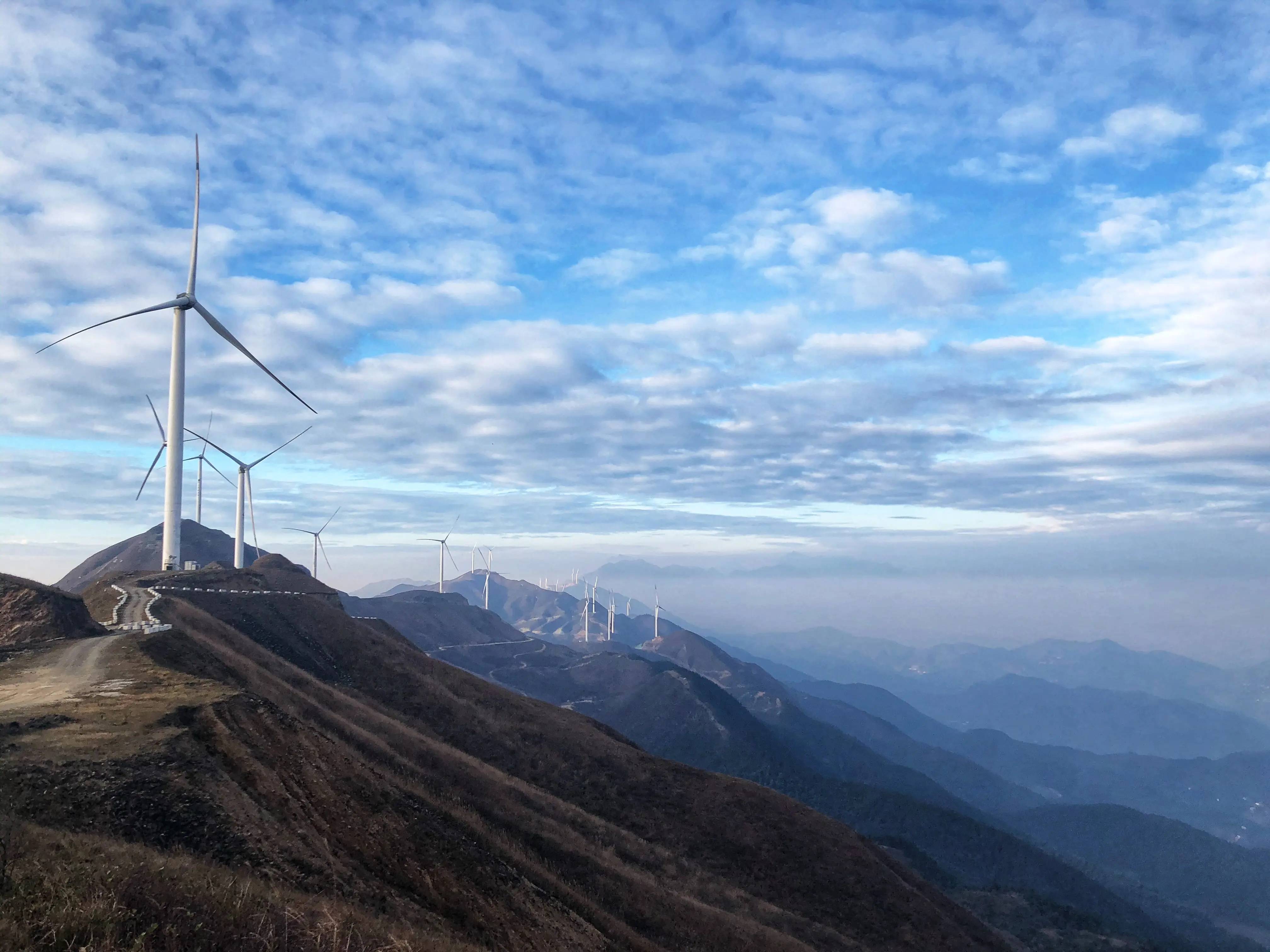
Jan. 27, 2024 16:38 Ad album
Microgrids: Idea cuius tempus venit?
Cum global multitudo crescere pergit, electricitatis postulatio augetur. Plures tamen provocationes sunt quae dicendae sunt. In statu, plus quam miliardis hominum terrarum in craticulis energiae non habent accessum, inter 200.000 hominum in Canada, qui cum electrico electrica septentrionali craticulae septentrionali non cohaerent et systemata organorum organorum fistulae naturalis gasi tribuendi sunt.
Clades naturales et eventus extremae tempestatum etiam turbationes in copia potentiae causant, ducens massam blackouts quae per dies durare potest. Praeterea, cum una pars systematis transmissionis deficit, totum eget, unde in potentia outages late diffusa est, afficere potest.
To tackle these issues, the concept of microgrids has gained popularity. A microgrid is a energy system that can operate independently or in conjunction with larger grids. It contains all the necessary components to provide electricity to a specific community, typically serving a smaller population of around a thousand or a few hundred people. This approach decentralizes the power supply generation and distribution process, making it more resilient and less prone to grid failures.
Unlike large-scale energy grids that connect buildings to central power supply sources like coal, nuclear, and gas plants, a microgrid functions as an isolated island. This independence can prove beneficial during crises such as storms or outages. Many microgrids utilize a combination of renewable energy sources and batteries, with natural gas serving as backup. While microgrid power supply is not necessarily more reliable, communities located far away from larger power sources can benefit from the localized control and ownership of electricity generation.
Unum exemplum notabile microgrid aedificatum est in Sendai, Iaponia ante decennium. Haec microgrid potentia est per commistum energiae solaris, gasi et altilium repositionis. In vastitate 2011 tsunami et terrae motus, Sendai microgrid potestatem et calorem praebebat ad docendum hospitium Universitatis Fukushi Tohoku, officia magna praestanda etiam per late nigros conservata.
The impacts of power outages on society and the economy are significant, and the climate crisis exacerbates these challenges. Jana Ganion, energy director for Blue Lake Rancheria, an Indigenous reserve in California, emphasizes the urgent need for solutions, stating, "Widespread power outages cause a lot of social and economic damage and destruction. And the climate crisis is making all of this worse." Blue Lake Rancheria successfully launched a solar microgrid in 2015, providing electricity to thousands of people nearby when millions of Californians had their power supply shut off due to wildfire risk.

However, setting up a microgrid can be a costly endeavor, particularly in densely populated urban or suburban areas with existing infrastructure. Consumers tend to stick with what is already in place, and for the majority of Canadians, that means relying on hydroelectric power supply. Nuclear and coal plants are also significant power sources in the country. Raising the necessary capital for building power plants, whether they are traditional or microgrids, is challenging for some countries. The autonomy and self-sufficiency that microgrids offer can be especially relevant in such cases.
Sunt fere 300 communitates remotae trans Canada, quae graviter dependent ab microgrids pellentesque potentiae ad generationem electricitatis. Necessitas optionum viridiorum cognoscens, regimen foederati Canadae cum entibus regionalibus per praeteritum decennium laboravit ad solutiones energiae magis sustinendas explorandas et efficiendas. Praeter electricitatem providens, microgrids etiam munus in accessu pura aqua bibendi crucialum agere potuit per processum curationi posse.
In conclusion, the global demand for electricity continues to rise, and challenges such as lack of access to energy grids and disruptions caused by natural disasters persist. Microgrids have emerged as a promising solution, offering localized power supply generation and distribution systems that can operate both independently and in conjunction with larger grids. While establishing microgrids can be costly, they provide autonomy and resilience, especially in remote areas or during crises. Exploring greener options, such as renewable energy sources, battery storage, and natural gas backup, can make microgrids even more sustainable and beneficial for communities.
Removebitur, si summarum
Relatio website:https://www.cbc.ca
-
Wireless DC Charging: The Next Frontier in Contactless EV Power Delivery
NewsAug.04,2025
-
Hybrid BMS Energy Controls: Integrating Renewable Energy Sources
NewsAug.04,2025
-
Blockchain for Secure and Decentralized EMS Power Systems
NewsAug.04,2025
-
AI-Driven for Smart Grids: Energy Management System (EMS)
NewsAug.04,2025
-
Advanced Distribution Management System (ADMS) Energy
NewsAug.04,2025
-
5G-Enhanced BMS Energy Savings: Ultra-Low Latency Control
NewsAug.04,2025























